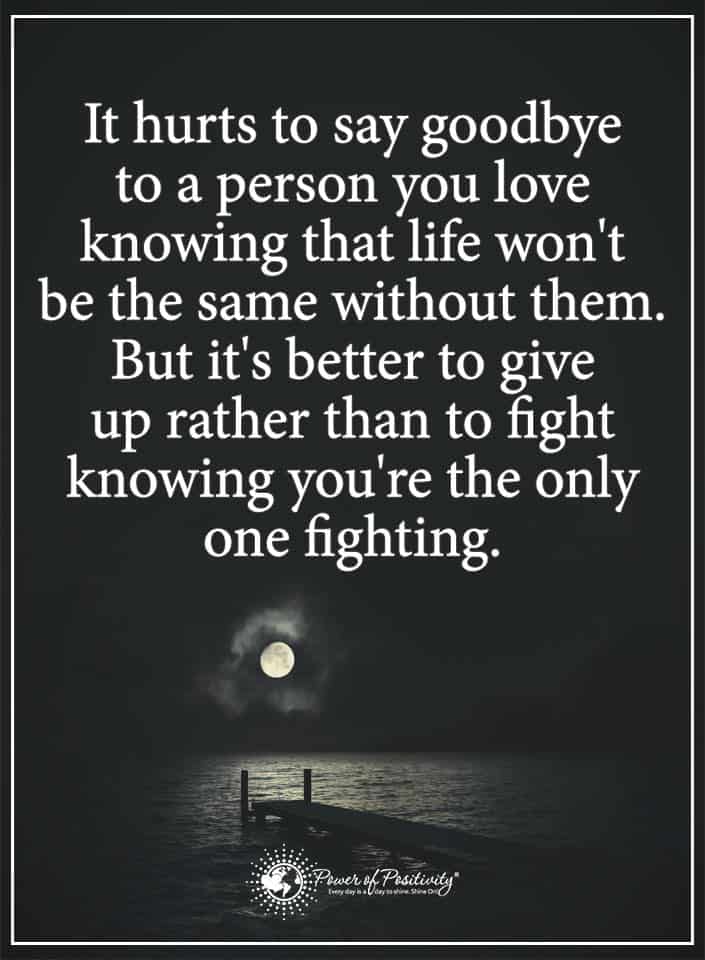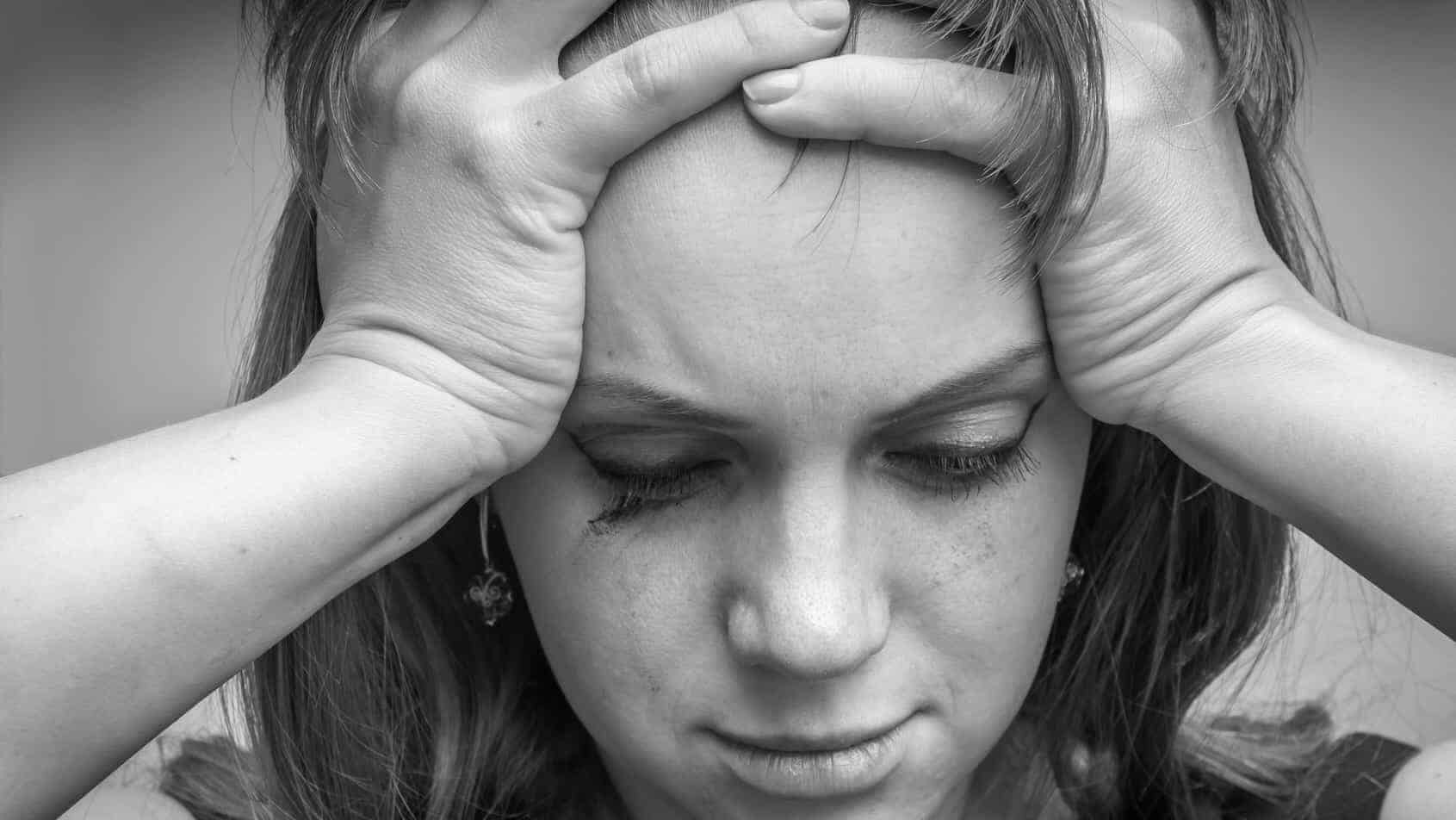This is a subject that few will dare talk about for obvious reasons, and we are sorry to you that this is something you are going through right now in your life. You feel trapped because they know how to act and are expert liars; I know because I am a male survivor of domestic abuse on more than one occasion, and it is even harder for a man to open up about this.
Before leaving, let us crack on and list the five things to know.
Here are 5 things to consider before leaving an abusive relationship:
1. Leaving is only the first step in recovering from an abusive relationship.
Unfortunately, this is very true. It is a lengthy, arduous journey that we all must take. It will take courage and time to heal, especially when your soon-to-be ex starts telling people how you were the bad egg in the relationship, the weakest link, the one who screwed it up. This is not the case, for the relationship has two participants. The pain of ending something you have had for a period of time is excruciating because you have invested your time and feel like this time has been wasted.
Not so, because now you know what NOT to tolerate. A relationship is supposed to make you happy, not miserable. We must ask ourselves: Is this what we had in mind when we were kids wondering how our future husband/wife would be? The change, including in ourselves, is a must.
2. You may develop PTSD.
This is not a dead certainty, but it is likely to occur, so be prepared. We could be talking about this topic all day, but we will briefly go over how to get over this disorder. Tiny Buddha’s Tom Leveen tells us the steps to take to overcome PTSD:
1) Name the trauma – I kept the darkest parts of my past to myself, worried about how I would be perceived. But the more frequently I share my story now, the more validated I feel. It becomes increasingly apparent that I’m not some kind of freak or aberration.
2) Accept that you “earned” the diagnosis – Frank’s life is Frank’s life. Your life is yours. PTSD and anxiety are not a human being’s natural state of being. Something bad happened to you, and that is not okay. It left a lasting, damaging impression. The only way to begin moving forward, to reclaim our lives, is to let the truth of our story exist in its own authentic way without comparing ourselves to others.
3) Being scared versus being afraid – Being scared is a natural and healthy response to danger. Scared is an adrenalin dump, preparing your body to fight, flee, or freeze. If you are scared, there’s probably a very good and sane reason. “Afraid” is something different. Afraid is how you do life. It’s how you process the world around you: family, friends, career, hobbies, pets . . . everything.
4) The need to forgive – It’s not enough to say the words, even if it’s face-to-face. What matters is that we truly release them and want the best for their lives. That is how we can know we have forgiven them. When we can do that, their power over us and the power of fear begin to wane.
3. Friends and family that you expect, or need, support from may not be capable of providing it.
A problem shared is a problem halved? Not necessarily. People can only relate to you through their own experiences and knowledge. This is the core reason why support groups like Alcoholics Anonymous exist. It is the very reason why I am writing this article. How can you expect someone who has a happy past and present empathise with you? This is YOUR life, to do whatever it is you want or need to do. In your life, your needs come first.

4. Some will not want to hear or believe your story.
Maybe it is happening to them but they do not have the courage to speak out. Maybe your abusive partner has spun a web of lies so convincing that people think you are making it up. Whatever it is, people tend to steer clear of negativity by nature. However, do not be afraid to tell your story if it helps you in life. The movie Forrest Gump is a story made famous by the title character telling his own story.
Related article: Why It’s Hard to Walk Away From a Broken Relationship
5. There is potential for re-victimisation from lawyers, therapists and the court system that do not understand domestic violence.
Brace yourself! These people may reopen old wounds, unwittingly or intentionally. You have to be able to deal with how others perceive your struggles. Remember to be on your guard against your soon-to-be ex-spouse’s divorce lawyer, as they could use their lawyer to further abuse you in a legal way. Use domestic violence professionals where possible so that you are prepared for anything intentional. Sadly, anything accidental is beyond anyone’s control and cannot be helped. It is handy to bear in mind that your struggles do not determine who you are, but you can use them to become stronger. Do not let them define you!
















